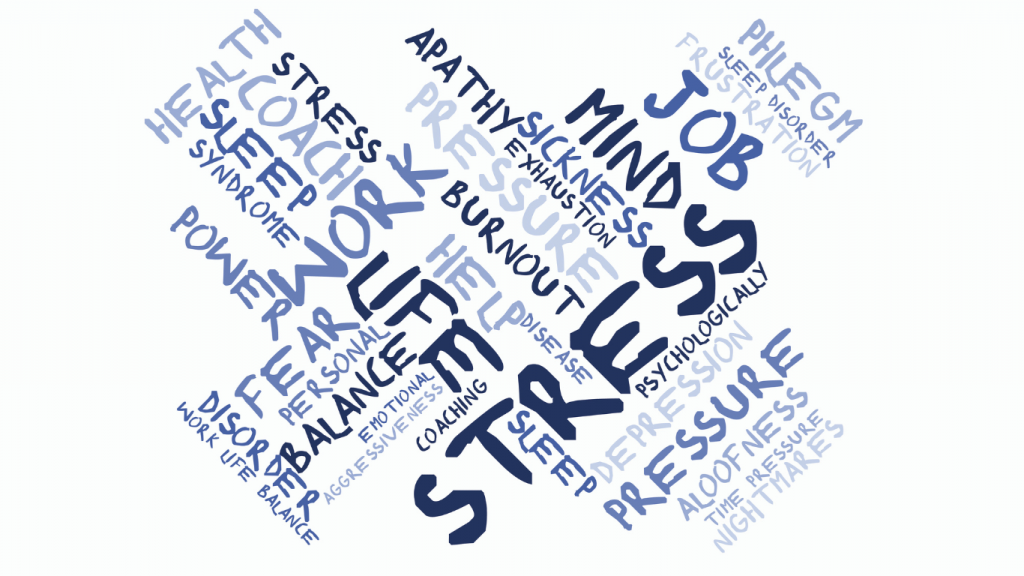Stress is a natural response to challenging situations, and it can have both positive and negative effects on an individual’s health. Short-term stress can provide a burst of energy and motivation, but long-term stress can lead to physical and mental health problems. Stress adaptation is the process of developing resilience to stress by making changes to the body and mind. In this article, we will discuss what stress adaptation is, the different types of stress adaptations that exist for humans, and provide examples of the things individuals can do to create stress adaptation.
What is Stress Adaptation?
Stress adaptation is the process of developing resilience to stress by making changes to the body and mind. It involves the body and mind’s ability to cope with stress effectively and efficiently, leading to better overall health and well-being. Stress adaptation occurs through repeated exposure to stress, where the body and mind develop strategies to adapt and cope with stress better.

Types of Stress Adaptations
There are two primary types of stress adaptations: physiological and psychological.
- Physiological Adaptations
Physiological adaptations are changes that occur in the body in response to stress. These changes can include increased heart rate, higher blood pressure, and the release of hormones like cortisol and adrenaline. Over time, repeated exposure to stress can train the body to adapt to these changes, making an individual more resilient to stress.
Examples of Physiological Adaptations:
Exercise: Regular exercise can help the body adapt to stress by increasing cardiovascular health and improving hormone regulation. Exercise can also help to reduce the physical symptoms of stress, such as muscle tension and fatigue.
Cold Exposure: Cold exposure, such as taking cold showers or ice baths, can train the body to adapt to stress by triggering the fight-or-flight response. This response can help the body cope with stress more effectively by improving circulation and reducing inflammation.
Fasting: Intermittent fasting has been shown to improve stress adaptation by increasing the body’s ability to use stored energy. Fasting can also help to reduce inflammation, improve blood sugar control, and promote the growth of new brain cells.
- Psychological Adaptations
Psychological adaptations are changes that occur in the mind in response to stress. These changes can include increased resilience, a positive mindset, and the ability to cope with stress more effectively. Over time, repeated exposure to stress can train the mind to adapt to these changes, making an individual more resilient to stress.
Examples of Psychological Adaptations:
Meditation: Regular meditation can help the mind adapt to stress by reducing stress hormone levels and promoting feelings of relaxation. Meditation can also improve mental clarity, reduce anxiety and depression, and improve overall mood.
Cognitive Behavioral Therapy: Cognitive Behavioral Therapy (CBT) is a form of therapy that helps individuals change their negative thought patterns and behaviors, promoting a positive mindset and reducing stress. CBT can also help to improve sleep quality, reduce symptoms of anxiety and depression, and improve overall well-being.
Mindfulness: Mindfulness practices, such as yoga and breathing exercises, can help individuals adapt to stress by promoting relaxation and mental clarity. Mindfulness can also improve sleep quality, reduce symptoms of anxiety and depression, and improve overall mood.
Creating Stress Adaptations
There are several things individuals can do to create stress adaptation, including:
- Practice Self-Care
Self-care activities, such as getting enough sleep, eating a healthy diet, and engaging in regular exercise, can help the body and mind adapt to stress more effectively.
- Manage Stress
Learning stress management techniques, such as deep breathing, meditation, or yoga, can help individuals manage stress more effectively and promote stress adaptation.
- Seek Support
Talking to a trusted friend or mental health professional can help individuals process stress and develop effective coping strategies.
Conclusion
In conclusion, stress adaptation is a process of developing resilience to stress by making changes to the body and mind. It involves the body and mind’s ability to cope with stress effectively and efficiently, leading to better overall health and well-being. Through repeated exposure to stress, individuals can develop strategies to adapt and cope with stress better, resulting in improved physical and mental health. By incorporating stress management techniques, engaging in self-care activities, and seeking support when needed, individuals can create stress adaptation and build resilience to stress. Developing stress adaptation is crucial for maintaining good health, and it’s a skill that can be honed with time and practice.

